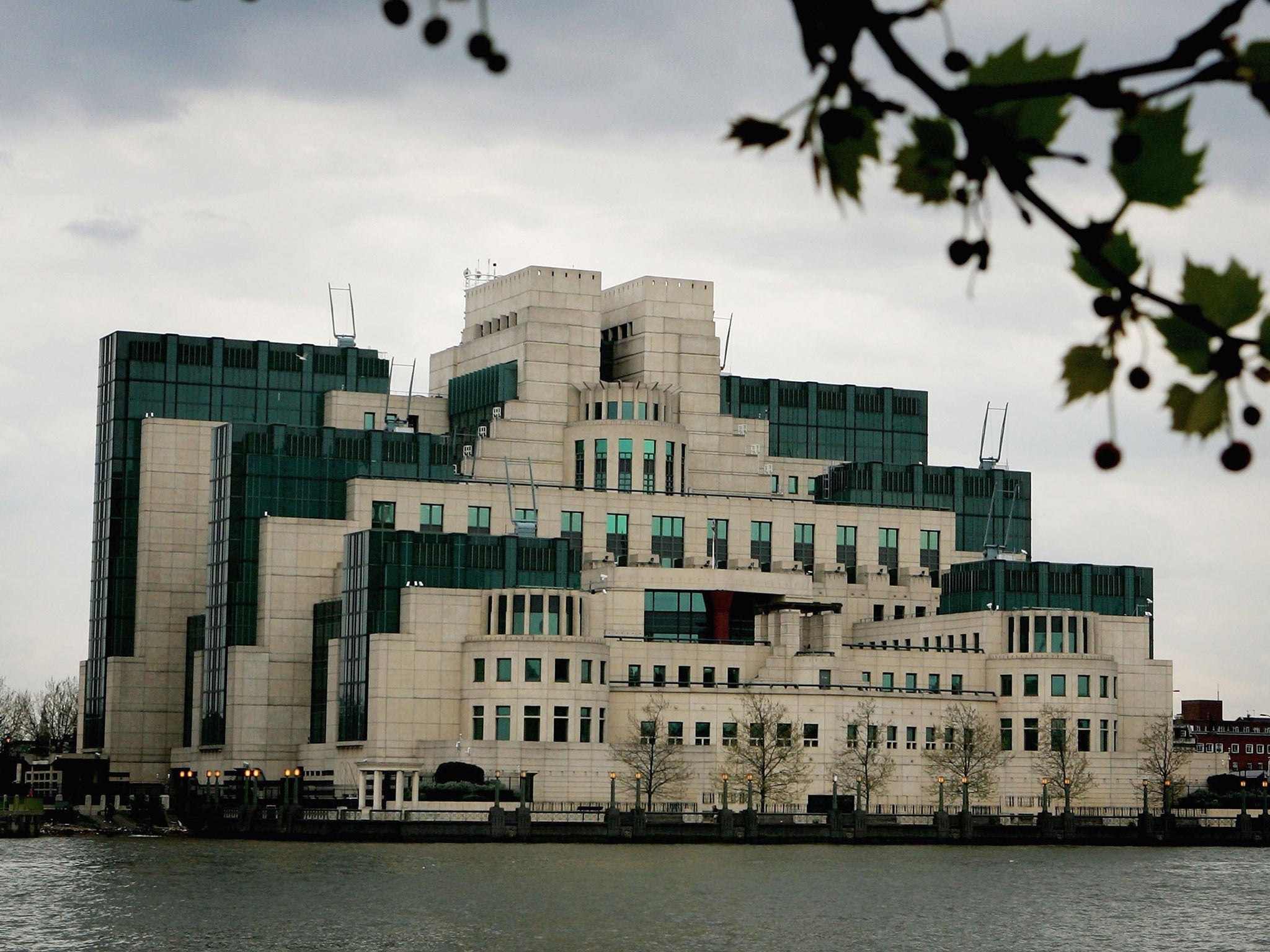British intelligence services could be forced to disclose secret activities in legal challenge
Campaign groups argue the covert nature of the work could lead to human rights abuses

British intelligence services are facing legal action that could force them to disclose details about their most secretive activities.
Campaign groups, Reprieve and Privacy International, have taken a case to the Investigatory Powers Tribunal, which oversees MI5, MI6 and GCHQ in an attempt to force them to disclose details of some of their sensitive work.
It concerns an order issued by the Prime Minister to security services, which requires “risky and covert activities” and are overseen by the Intelligence Services Commissioner, Repreive said in a statement.
In a previous case brought by the London-based group Privacy International, it was revealed that three such orders, also known as “directions”, had been made by the Prime Minister.
Two of the directions have been made public, including details about the interrogation of detainees held overseas by British personnel.
The handling of bulk personal datasets by intelligence services was also revealed.
However, the "Third Direction remains secret, redacted from public documents," Repreive said. It added that it was “as serious and intrusive” as two previous orders.
So both groups have launched the legal action, in hope of making this public.
They said they were concerned the conduct of intelligence services under this third direction may breach the UK’s domestic and international obligations under the Human Rights Act and the European Convention on Human Rights.
The two first orders concerned torture and cyber surveillance, which had significant implications for human rights, and that this third order could have similar ramifications, they argued.
The blanket secrecy of intelligence services on the issue leave the door open for abuse, Reprieve said.
“The British public have a right to know what the security agencies are doing in their name," the organisation's director. “We know this secret policy hides a large area of covert activity that is at least as serious and intrusive as interrogating detainees overseas and the mass collection of personal data.
“We also know from bitter experience that without basic transparency, British spooks are liable to cross legal and ethical red lines.”
Privacy International added that it aims to “investigate the secret world of government surveillance” and that it carries out legal action “to ensure that surveillance is consistent with the rule of law”.
The organisation's legal officer Millie Graham Wood, warned that the Intelligence Services Commissioner accepted secret services’ own interpretation of what is legal and that “full and open oversight” was therefore necessary.
She said: “It is wrong in principle for there to be an entire area of intelligence activity about which the public knows nothing at all.
“The risks of such secrecy are obvious given that the Commissioners who are supposed to oversee the activity have previously accepted the intelligence agencies’ interpretation of what is legal without question.”
More than 6,000 people have already signed a petition calling on the government to publish the third direction.
The Home Office told The Independent it does not comment on ongoing cases.
Join our commenting forum
Join thought-provoking conversations, follow other Independent readers and see their replies
Comments